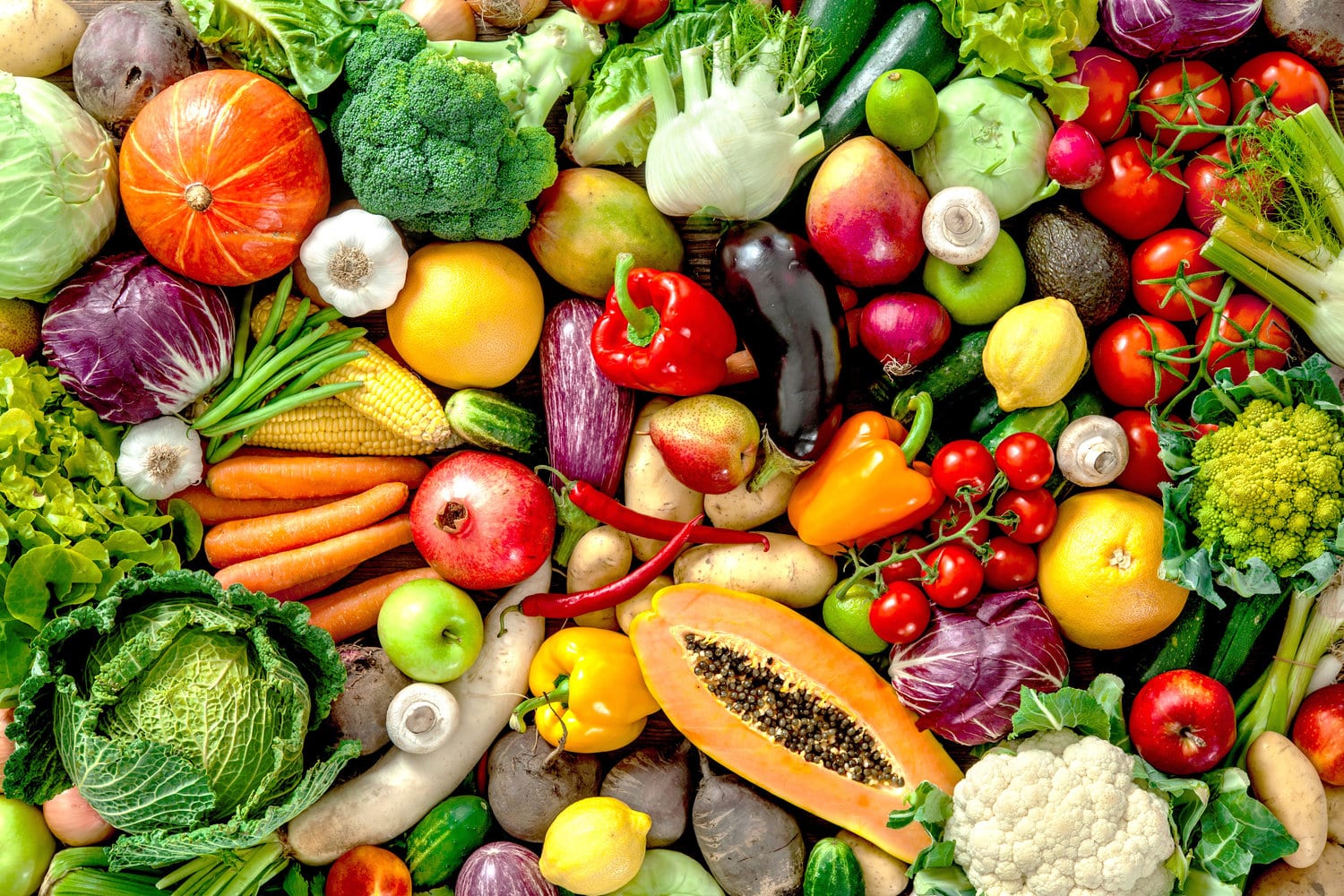In this 3-part series, I am going to introduce you to 3 vastly under-utilized ways to help you reduce belly fat.
This is for those that want to lose weight but also for anyone that wants to lean up and of course, boost health (because we know belly fat is the worst kind).
This week Secret Weapon #1 is something that we all hear about but somehow most people don’t get enough of in their diets.
It is a magical, wondrous, molecule in plant-based foods that will help you feel satisfied after every meal so you are less prone to snacking.1,2
It will also help your microbial population be happy and healthy (hence making you more happy and healthy).3

Higher intakes of this molecule may also be associated with improved cardiovascular health4 and less inflammation.5
AND, of course, as per the theme of this post, it does help reduce belly fat6,7 AND promotes a healthy weight!!8,9
It also will increase levels of butyrate in the colon, which has all kinds of health benefits, including reducing appetite and helping to balance weight.10
So….what is this wondrous molecule?
It’s FIBER!!
There is some debate about what is the best kind of fiber and what each type does to affect weight, belly fat, gut microbiome, and other aspects of our health.
I recommend getting a variety of fibers to deal with this issue.
If you eat a diet rich in vegetables, fruit, nuts, seeds, beans, and for some, whole grains, you will get a broad diversity of fiber.
The USDA recommends we get at least 25 grams of fiber per day. Most Americans get about 15.4
We need more!
In my experience working with many extremely health-conscious people, fiber is the most commonly missing nutrient.
Yes, even with the super health-conscious people I work with!
If you want to know how much fiber you are consuming take some time to enter your food intake into a dietary app like MyFitness Pal for a week or two.
For maximal benefit I recommend aiming for at least 30 grams of fiber per day from a variety of sources.
If you can’t get enough from your diet (this can be a challenge for people eating a low-carb diet), I recommend supplementing with some fiber. My two favorites are psyllium husk powder and a product by Thorne called Fiber Mend.
I do recommend slowly increasing your fiber intake so you don’t cause a bunch of gas and bloating.
If you do experience gas, bloating, reflux, heartburn, diarrhea, constipation, or some other form of GI discomfort with an increase in fiber intake then reduce the amount you are consuming and seek out someone that is familiar with SIBO. (that could be me or someone else)
So….the name of the game is to eat a lot of veggies, fruit, nuts, seeds, beans, and small amounts of whole grains (especially oats and whole wheat if you can tolerate them).
Next week, in Part 2, I’ll talk about another super-duper simple secret weapon that can help you reduce belly fat!
If you are looking to lose weight or reduce belly fat, please join me in my next round of Food Boss.
In Food Boss we tackle all of the issues associated with difficulty losing weight such as diet, mindset, sleep, stress, exercise, and more!
References
- The soluble fiber NUTRIOSE induces a dose-dependent beneficial impact on satiety over time in humans
- Gut microbiota fermentation of prebiotics increases satietogenic and incretin gut peptide production with consequences for appetite sensation and glucose response after a meal.
- Dietary modulation of the human colonic microbiota: introducing the concept of prebiotics.
- Position of the American Dietetic Association: Health Implications of Dietary Fiber
- Fiber intake and total and cause-specific mortality in the European Prospective Investigation into Cancer and Nutrition cohort.
- Lifestyle Factors and 5-Year Abdominal Fat Accumulation in a Minority Cohort: The IRAS Family Study
- Adolescent Fiber Consumption Is Associated with Visceral Fat and Inflammatory Markers
- Dietary fiber and weight regulation.
- Increasing total fiber intake reduces risk of weight and fat gains in women.
- Intestinal Short Chain Fatty Acids and their Link with Diet and Human Health
